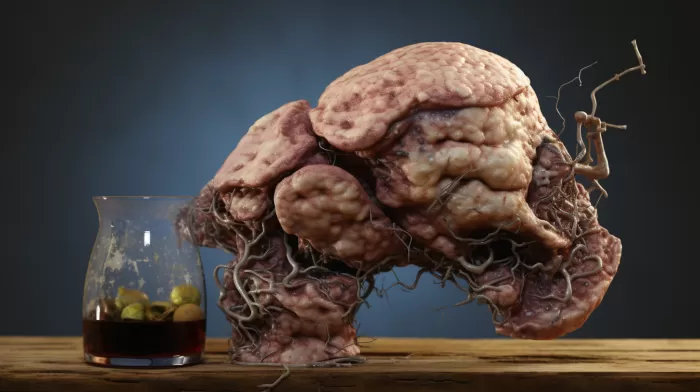Big nights out can be a blast, but as you age, recovery seems to take longer, and after-effects intensify. Alcohol affects your resting heart rate and heart rate variability, causing the equivalent of aging you 12 years. Your body experiences several physiological changes as you age, making it more difficult to bounce back after a night of drinking.
Liver Changes
Your liver detoxifies the alcohol you consume. Generally, it takes about an hour for your liver to process one drink. As you approach your 50s and 60s, three major changes occur in your liver: decreased liver volume (20-40%), decreased blood flow (35%), and a significant decrease in functional liver cells. Enzymes in your liver and body also experience alterations, affecting cells’ energy needed to detoxify efficiently, causing a slower rate of liver regeneration.
Decreased Immune Function
Even just one night of excessive drinking can cause injury to your body and activate immune responses. Unfortunately, as you age, your immune system isn’t as robust as it once was. A gradual weakening called “immunosenescence” occurs, reducing the efficiency of both the innate and adaptive immune systems.
Increased Inflammation
Aging increases the likelihood of low-grade chronic inflammation in your body cells. Alcohol consumption can exacerbate inflammation. Studies have shown that after drinking, several proinflammatory markers are dysregulated, contributing to worsened hangover symptoms, which only get more severe with age.
Medication Interference
As you get older, you are more likely to take medications, many of which do not mix well with alcohol. This can be true for common allergy and cold medications, as well as medications for cardiovascular and mental health issues. Women, in particular, are at greater risk for alcohol-medication complications.
Mixing alcohol with medications can cause additional problems like sleepiness, drowsiness, and nausea due to intensified medication effects. Aging decreases the P450 enzymes involved in metabolism and detox, which means alcohol may also influence the effectiveness of your medication.
Alcohol is known to kill brain cells, and when combined with cholesterol reduction medications, the effects can resemble symptoms of memory decline. There are other factors that may contribute to the worsening effects of a night out, but overall, excessive drinking tends to cause injury to the body.
Aging leads to chain reactions that your body is not equipped to handle as efficiently as it once could. However, this doesn’t mean you have to give up on social outings altogether. The key is to be aware of the consequences and avoid overindulging in alcohol.



